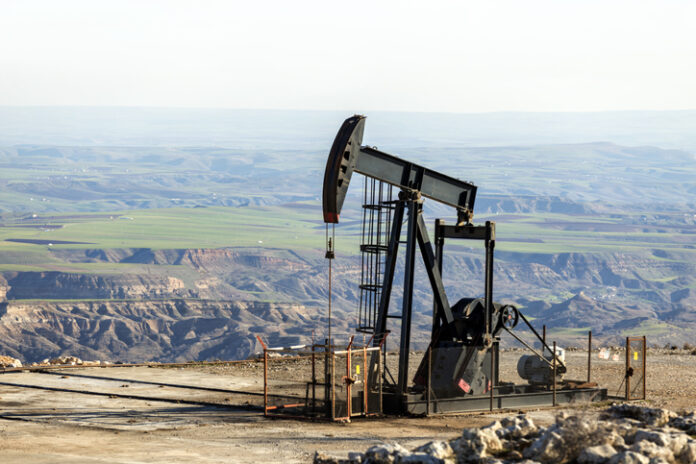The U.S. Department of Energy (DOE) approved four liquefied natural gas (LNG) export projects for construction on the Texas Gulf Coast in February.
The DOE’s permits will allow the four terminals combined to ship 47 million metric tons per year of LNG to countries currently without free-trade agreements with the United States, when the facilities become fully operational.
The DOE authorized Exelon’s proposed Annova LNG export terminal and NextDecade’s Rio Grande LNG and Texas LNG export terminals, all to be located at the Port of Brownsville, as well as an expansion of Cheniere Energy’s existing Corpus Christi LNG export terminal.
Reducing Russian Influence
In addition to being a boon for consumers and producers and creating new jobs in the region, the four new Texas LNG projects will boost America’s geopolitical influence overseas, says Merrill Matthews Jr., Ph.D., a resident scholar at the Institute for Policy Innovation.
“President Trump has criticized German Chancellor Angela Merkel for Germany’s role in facilitating Russia’s Nord Stream 2 gas pipeline project allowing Russia to increase exports of natural gas to Europe and thus exert greater influence on European public policies,” Matthews said. “The problem is Europe needs a dependable source of natural gas and presently the United States does not have sufficient LNG terminals to export natural gas to Europe.
“With these new terminals coming on line, and with the United States awash in natural gas, we will soon have the ability to help meet other countries’ natural gas needs, becoming a reliable supplier, undermining Russia’s geopolitical meddling in the process,” Matthews said.
Opening New Markets
The key point is that these LNG terminals are creating a global market for U.S. natural gas, Matthews says.
“Even if an economic recession reduces U.S. demand for natural gas, the ability to sell gas and ship it to other countries, including countries that have not been traditional trading partners for the United States, means producers will have other markets to fall back on,” Matthews said. “This should encourage operators to keep production high, which also means low prices for U.S. consumers and an improved balance of trade.”
Expects Big Benefits
It may take some time, but the four LNG projects will benefit Texas, other natural gas producing regions across the nation, and the United States as a whole, says Gary Stone, executive vice president of engineering for Five States Energy.
“The current supply surplus of crude oil, natural gas, and natural gas liquids, coupled with the current worldwide demand dip due to the Covid-19 virus, will likely slow production and put other LNG projects on hold,” Stone said. “Moreover, the domestic natural gas supply surplus is exacerbated by the record oil production, particularly in the Permian Basin, where oil production comes with associated gas and many wells have high gas-to-oil ratios.
“Prices have fallen and remain low, thus drilling is slowing, but as new pipelines carry gas from the Permian Basin for LNG to supply to these terminals, new markets will translate into higher prices, and higher commodity prices will translate into better LNG contracts and increased demand,” Stone said.
Kenneth Artz (kennethcharlesartz@gmx.com) writes from Dallas, Texas.


























